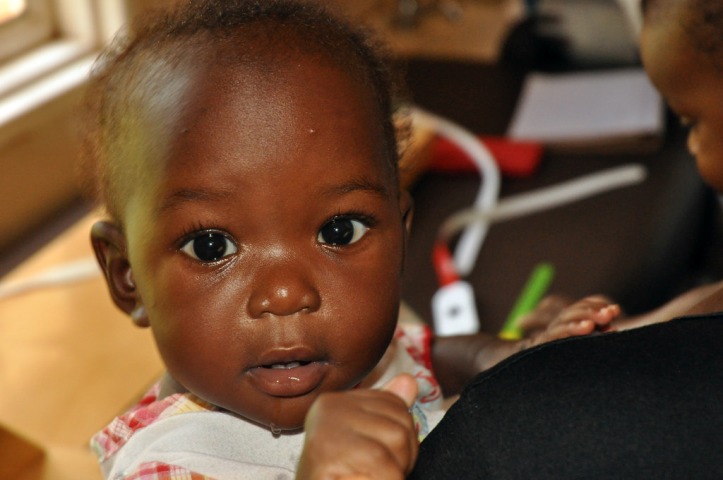Sri Lanka witnessing surge in cases of malnutrition; indicates urgent need for food security: Health Ministry

- Country:
- Sri Lanka
Sri Lanka has reported a surge in the cases of malnutrition among children, according to the cash-strapped country's health ministry, indicating the urgent need to take steps toward food security to resolve the issue. Speaking to reporters on Wednesday, Dr Chitramali de Silva, the bureau director of the health ministry's family health bureau, said that severe acute malnutrition among children had increased to 1.4 per cent this year up from 1.1 per cent.
''Sri Lanka, hit by its worst-ever economic crisis, is experiencing evidently increased malnutrition among children. The severe acute malnutrition among children had increased to 1.4 per cent this year up from 1.1 per cent,'' de Silva said.
She said that the north-central Polonnaruwa and the southern districts of Galle and Matara suffered the most with a total of 18,420 children being detected with acute malnutrition.
The percentage of underweight children in 2022 stands at 15.3 per cent up from 12.2 per cent in 2021, she added.
The health ministry's comments came days after the UN World Food Program (WFP) said that at least 56,000 children in Sri Lanka currently suffer from severe acute malnutrition.
According to the latest figures published by the WFP, 32 per cent of households are now food insecure, and 68 per cent of households are turning to food-based coping strategies such as eating less preferred food or reducing the number of meals and portion sizes.
De Silva said that stunting had increased to 9.2 per cent up from 7 per cent while wasting had gone up over 10 per cent from being at 8 per cent.
“We have to take steps to create food security to stop malnutrition. We would appreciate donors and nongovernmental organisations stepping forward,” she said.
Sri Lanka, a country of 22 million people, plunged into financial and political turmoil earlier this year as it faced a shortage of foreign currencies.
Due to this, the country has been unable to afford key imports, including fuel, fertilisers, and medicines, leading to serpentine queues.
The crisis led to shortages of essentials as the island was not able to fund imports due to foreign exchange shortages.
Street protests against the government for its mishandling of the economy led to the ouster of the then president Gotabaya Rajapaksa mid-July.
(This story has not been edited by Devdiscourse staff and is auto-generated from a syndicated feed.)










